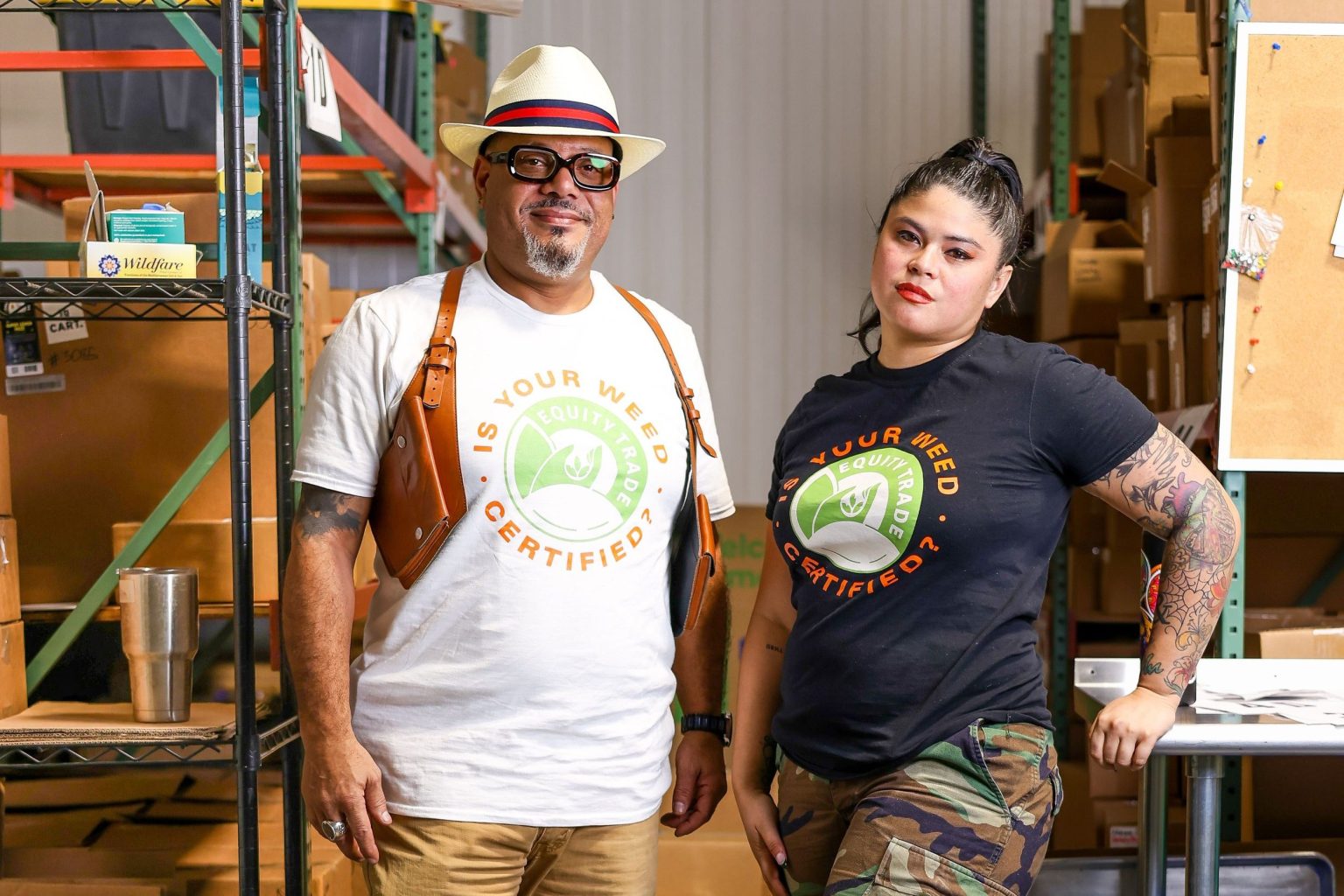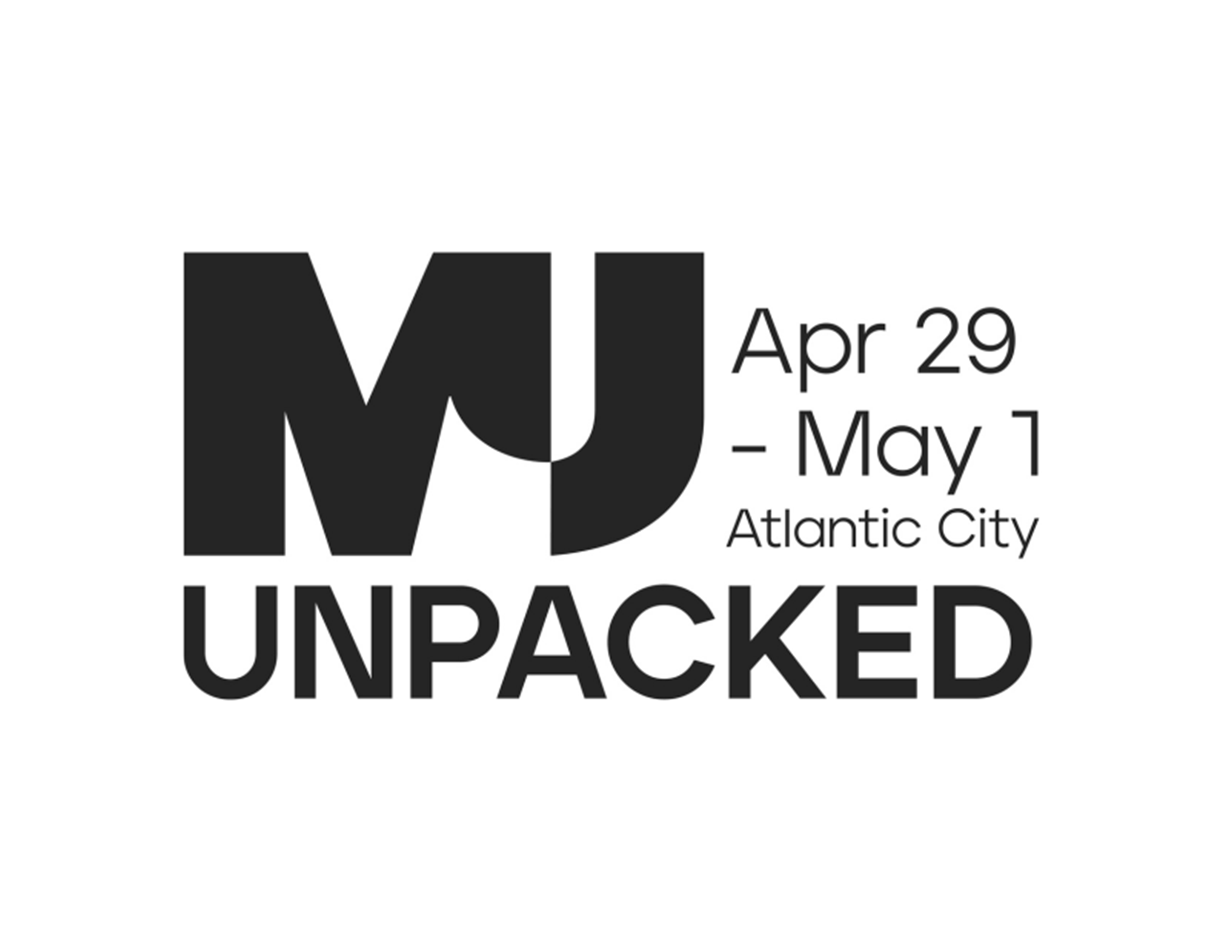If there’s one thing I’ve learned in the cannabis industry, it’s that radical self-reliance has been crucial to success—but so are collaboration and a strong sense of community. Since the Controlled Substances Act was passed in 1970, the do-it-yourself ethos that has long defined cannabis culture has only intensified due to a significant amount of capital investment in the space and a lack of trust amongst operators.
And yet, that DIY attitude can be ruinous, as California’s struggling market shows. It takes creative, collective solutions to overcome the significant restrictions and resource limitations that plague cannabis businesses, including a lack of access to traditional financial networks, interstate commerce and key federal tax deductions.
Collaborative out-of-state licensing deals and specialization have become a meaningful path for cannabis operators to generate increased brand recognition and revenue without requiring significant investment. That’s an extremely valuable strategy when many brands don’t know where their next capital raise will come from. Although M&A activity has intensified on the back side of the “green rush”—and when both the cannabis market and the economy as a whole have slowed—cannabis brands are increasingly thinking in terms of collaboration, not do-it-all-yourself verticalization.
That kind of collective action and self-advocacy isn’t without precedent. Also known as “coopetition,” this is the act of cooperation between competing companies by forming a strategic alliance designed to help both companies. It’s gotten the cannabis industry where it is today—from the days of the medical cannabis movement to current grassroots movements pushing for adult-use legalization. And it’s historically been an effective strategy for other marginalized groups trying to protect their financial and business interests in an adverse political and legal climate.
Take, for example, organizations like the Chinese Consolidated Benevolent Association (CCBA) in the late 19th century. When Chinese immigrant communities were targeted by discriminatory labor and housing legislation, the CCBA got involved in state and local politics to protect ethnic enclaves like San Francisco’s Chinatown. The CCBA also engaged attorneys to fight the Exclusion Act and similar policies, while also identifying legal economic opportunities for Chinese-American entrepreneurs.
Indeed, cannabis entrepreneurs would be wise to take a page from the book of marginalized communities that have successfully found ways to push back against systemic disenfranchisement that pushed these groups to the brink of disaster. While it took decades to overturn policies like the Geary Act that were designed to block immigration and increase deportation, the CCBA’s legal strategy did advance several cases to the Supreme Court, invalidating portions of the act that called for penalties of imprisonment and forced labor.
Cannabis entrepreneurs can’t enact change on a similar scale by themselves. This industry requires support of the collective. Ancillary service providers like cannabis law firms, cannabis financial networks and cannabis software platforms will be crucial allies as the legal status of this plant shifts at a federal level.
Throughout 2023, there was a palpable buzz around both the SAFE/SAFER Banking Act legislation and the Department of Health and Human Services (HHS) recommendation to downgrade cannabis out of Schedule I, where it’s grouped with heroin, and into the much less restrictive Schedule III.
Although capital markets have been depressed, the sense of anticipation and potential was enough to trigger a major transition in sentiment throughout the cannabis industry.
Currently, investment firms and banks see federally illegal companies as a bad risk regardless of their balance sheets or success in compliance. The SAFER Banking Act could change that—if it passes. So could reclassifying cannabis as a Schedule III substance that isn’t hamstrung by federal tax codes like 280E, which forbid deduction of standard business expenses such as payroll and facility leases.
Throughout 2023, there was a palpable buzz around both the SAFE/SAFER Banking Act legislation and the Department of Health and Human Services (HHS) recommendation to downgrade cannabis out of Schedule I, where it’s grouped with heroin, and into the much less restrictive Schedule III.
Although capital markets have been depressed, the sense of anticipation and potential was enough to trigger a major transition in sentiment throughout the cannabis industry.
Currently, investment firms and banks see federally illegal companies as a bad risk regardless of their balance sheets or success in compliance. The SAFER Banking Act could change that—if it passes. So could reclassifying cannabis as a Schedule III substance that isn’t hamstrung by federal tax codes like 280E, which forbid deduction of standard business expenses such as payroll and facility leases.
That future has been and will be built within the cannabis community first, however—not in the reactive bureaucratic halls of Congress or state legislatures. Keeping an eye on that future prize shouldn’t come at the expense of learning important lessons from our collective history, or the historical diversity of the cannabis community. Indeed, if that history proves anything, it’s the power of collective action and self-advocacy to create meaningful change.
Vince C. Ning is the co-CEO and co-founder of Nabis, California’s largest wholesale cannabis distribution platform. Nabis is a founding member of the Financial Stability for California Cannabis (FSCC) coalition, established in 2023.






